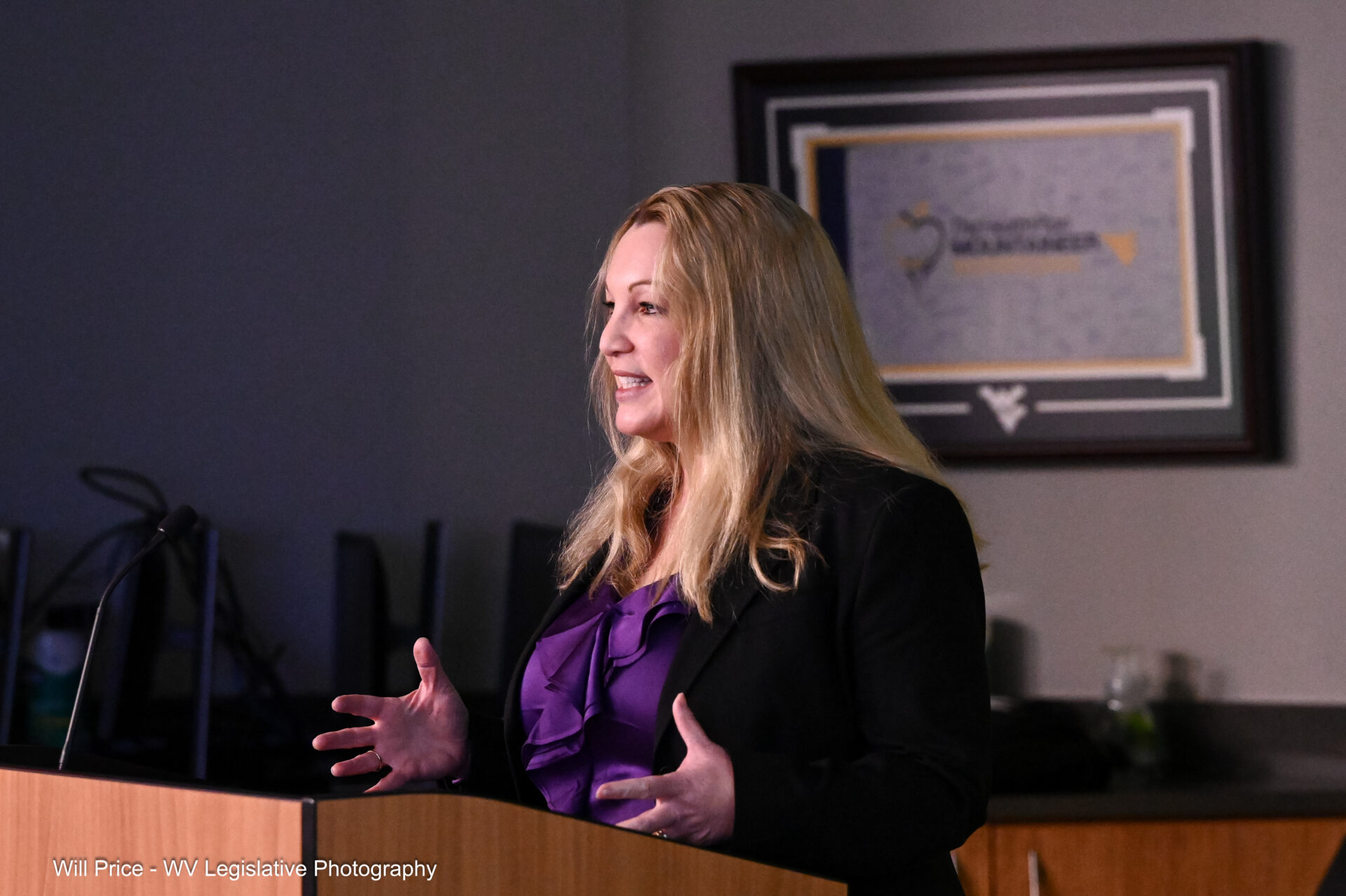A health committee Sunday heard reports from state officials that more than half of the Department of Health and Human Resources workforce will be eligible for retirement by 2029.
Dr. Sherri Young, interim secretary of Health and Human Resources, and incoming secretary of the Department of Health presented an update on the transition of the Department to the Legislative Oversight Commission on Health and Human Resources Accountability.
She said while hiring initiatives have taken place and vacancies have been filled, more than 50 percent of the DHHR’s workforce will be eligible for retirement by 2029.
“Imagine five years from now 53 percent of those people retiring and going home,” Young told the committee. “You’re going to lose the institutional knowledge of the folks or nurses that have been there for 40 years. You’re going to lose that institutional knowledge of programs and how to make things work.”
She said it is important to build efficient systems during the restructuring of the department to avoid delays when that workforce retires.
“So we owe it to our citizens of West Virginia to make sure that we get the most efficient programs, but then we are backfilling and making sure that we are getting young folks and West Virginia folks in there to serve these programs now, because we have that additional vulnerability later on,” Young said.
Del. Bob Fehrenbacher, R-Wood, asked Young to survey the workforce to find out who will retire when they are eligible and who will stay on past retirement age.
“In my experience yes, there’s a day with experience and age that happened, but then workers may stay around longer,” Ferenbacher said. “And so to kind of understand when they’re eligible versus when they currently leave, I think would be interesting to kind of incorporate that into your you will attrition and planning and higher up in that regard.”
Young replied that while that survey could be useful, the retirement eligibility of the workforce is still a weakness in the system, one she hopes to remedy with planning.
“It’s not a bad question to go ahead and ask folks upon retirement eligibility, ‘Do you plan to stay?’ It’s our goal to make that a place where people want to stay,” Young said.
